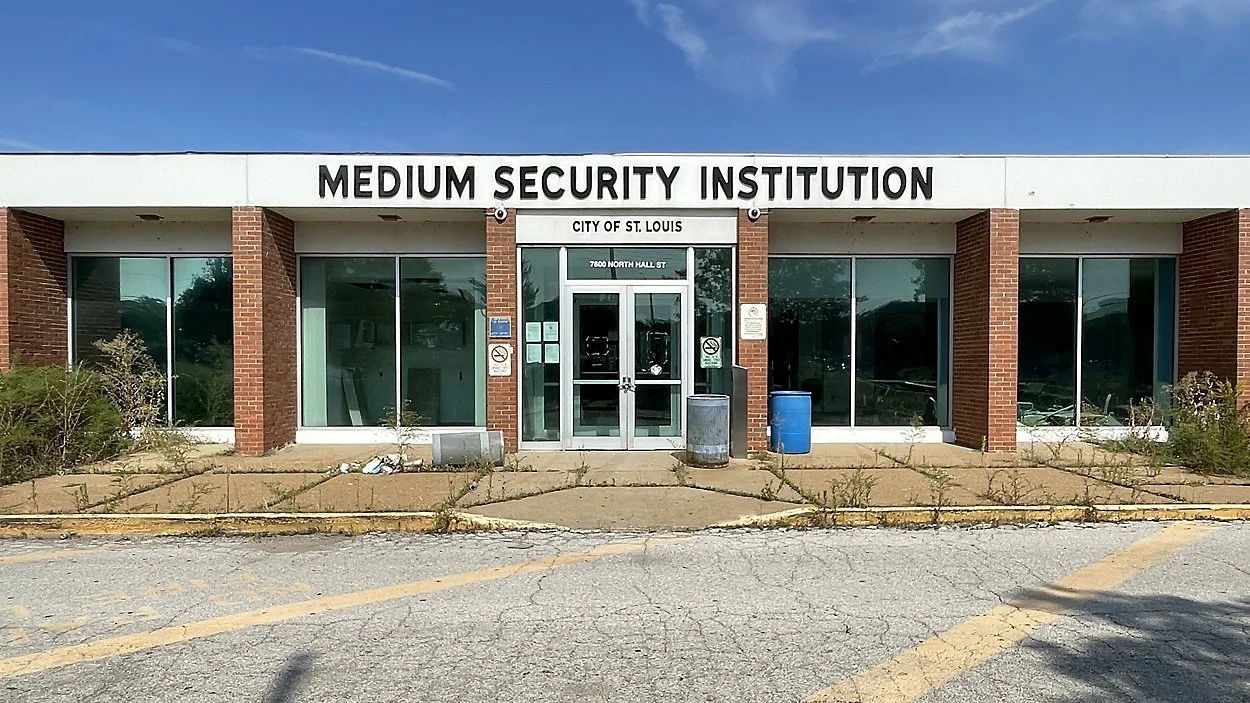More than 100 industry professionals attended MetroWire Media's 2023 Market Forecast Summit on March 9, 2023 at the Lodge Des Peres, which featured networking and a panel discussion with Addie Bunting from Wies Offsite as the moderator, and panelists Lauren Talley with Cobalt Construction Consulting, Tom Ray with CBRE, Tom Kaiman with Mia Rose Holdings, and Kyle Wilson with Kadean Construction. The panelists covered a range of CRE topics related to multifamily housing, office, industrial, and retail real estate.
Here are some highlights from the session:
Impact of the new Citypark Soccer Stadium
Kaiman: “It’s a great addition to the city that will spur other development in the area. Quality developments will bring people back to town. It will be an exciting place to live. The Taylor family is doing a great thing with this investment in the city.”
Talley: “It is exciting to see midtown coming to life,” said Talley. “Out-of-town developers are coming in.”
Multifamily
Kaiman: “Multifamily has been undersupplied for decades; zoning, permitting and NIMBY continue to be problematic. A lot of new product is coming online in St. Charles County.”
Wilson: “We continue to see a lot more interest in multifamily and condo properties for sale among empty nesters in Kirkwood, Webster Groves and Clayton. Small projects seem to infill well.”
Ray: “Apartments will fix downtown. The answer is more apartments. It’s more important than ever that people can live in walking distance of their offices.”
Talley: “Multifamily has exploded. The result is a flight to quality while commercial is seeing a flight to amenities.”
Office
Ray: “Downtown is seeing a nice absorption in startup and early-stage businesses looking for office space needing little improvement. Landlords are ready to deal. There’s an historic view that the prime downtown tenant is a large law firm that will stay forever, but smaller startup companies are the future. There’s a lot of leasing as companies look for smaller office space.”
Kaiman: “There’s no longer a playbook or one size fits all. We’re still trying to figure it out. The world will continue to evolve in how we work, how we live, how we play.”
Retail
Kaiman: “Development fits everywhere. It’s all about how you activate a site and bring people there. It has to be safe. Cities that keep an open mind will benefit. The economic development folks have to be out there recruiting for new businesses.”
Wilson: “Store chains are taking a new approach, adding a smoothie bar, clothing for sale, etc., to create a new experience.”
Ray: “Mixed use is a goldmine for commercial/retail. It’s completely based on walkability.”
Talley: “Mixed use is kind of the ‘new black,’ and jurisdictions are mandating it. I think it’s here to stay. We need to grow to be more welcoming to national chains.”
Cannabis
Kaiman: “It’s the best thing that ever happened to empty stores. Data also shows property values going up around dispensaries.”
Industrial
Wilson: “We’re finding more mega-sites — they seem to be bigger and bigger. Tenants who need smaller space might be left in the dust. Big is booming.”
Talley: “We have the land available (that companies need for large industrial uses). Cost increases for materials and supplies led to a pause. Products delivered to the home with continue to grow (and require large warehouse and distribution facilities). Companies are looking to automation because it offers less human error or possibilities of people getting hurt — all industries are increasing automation.”
Wilson: “Automation has much higher construction requirements, so we’ll see taller buildings. If it gets traction, it will change the way we build warehouses.”
What Clients Want
Kaiman: “Our customers are tenants, so the flight to quality is their number-one driver.”
Wilson: “Our biggest challenge is being asked for more product. The subcontractor market is overloaded — they need more workers.”
Ray: “The collective experience in the office sector is adding more amenities. A new building has to be different from the one next door. You have to figure out how to provide experiences.”
Talley: “Clients want transparency in everything — costs, where products are coming from, when items will arrive, whether prices will be the same on arrival.”
Overall, the panel was optimistic about the future of commercial real estate in St. Louis, highlighting the potential for growth and expansion across all four sectors. They emphasized the importance of providing customers with unique experiences, as well as the need for economic development teams to recruit new businesses to the area.
_____________________________________________






